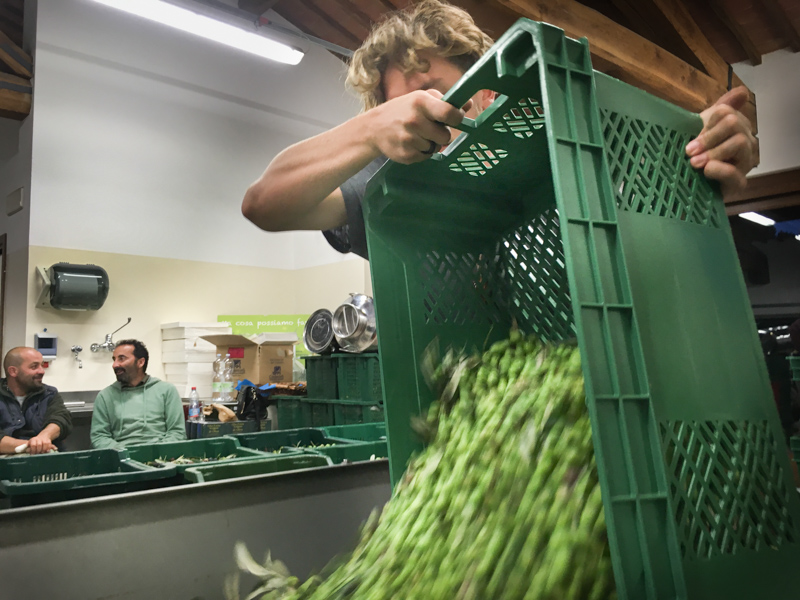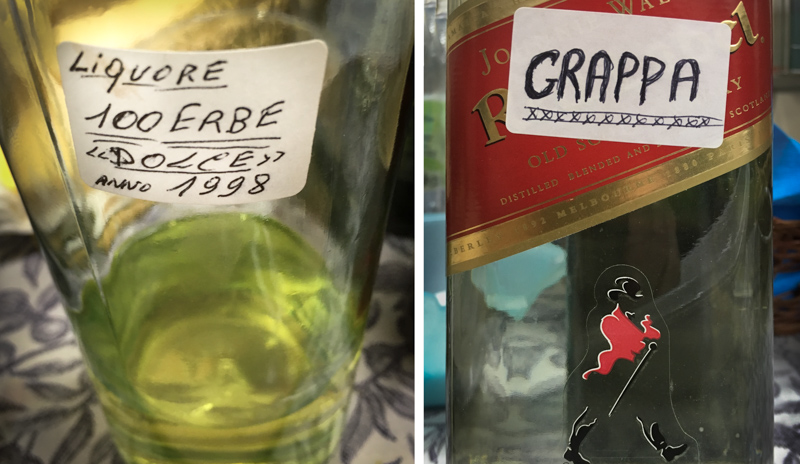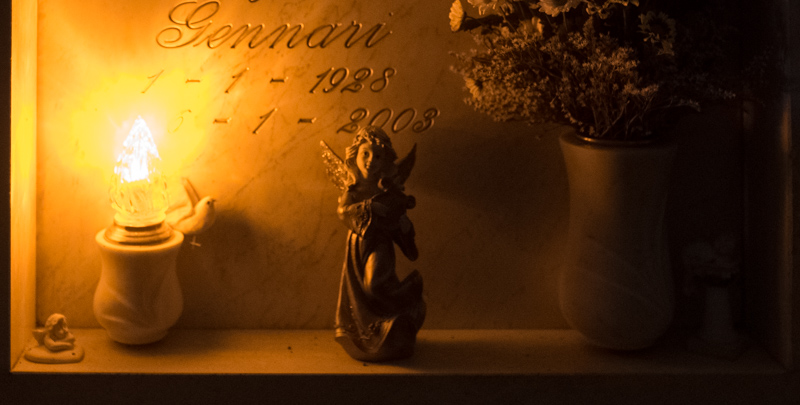November 30, 2018
In
Best Of, Live
By
Nancy
Death, sex, money, obscenities—the rules are hard enough to determine in your native culture and language. I find discovering how another culture handles them a constant fascination. The Tuscans are in-your-face frank about so many things that I would have expected that money would be near the top of the list, but there seems to be this slight reluctance to demand payment mixed with honesty, the assumption of honesty on the part of customers, and a lack of urgency about getting paid that I don’t yet fully understand.
So many examples… Lola, our dog, was very sick this summer, which required once or twice daily visits to the vet for a month, complete with blood tests, IVs, and ultrasounds. She was finally declared cured so I asked to pay. The vets said they were busy with other things and to worry about it later. I followed up a series of calls and texts to get the bill, and a month or so later they finally totaled it up, texted me the total, and I was able to pay them.
In this area of Italy, when you eat at some restaurants you don’t get a bill. You go to the register and recite what you had and they tell you how much. Simple when it’s a couple of people, but groups of kids commonly go to these places —like 15-20 people—for birthday parties and other celebrations, and then go up, one at a time, and pay for exactly what they had. And it all seems to work.
At first, I thought these types of experiences were simply a function of being in a small town, but then John went to a medium-sized city about 45-minutes away to rent a rototiller for a few days. They load this three thousand euro piece of equipment in the back of the car and jot down his first name and phone number on a piece of scrap paper and he drives away. No deposit. No credit card taken. No ID. And no surprise when he returned it two days later.
One year we found a Christmas tree (late) tall enough for our living room even further away from the house. The guy cuts down a 15-foot tree to size, carefully loads it on the car, we choose a second smaller tree, and then realize he doesn’t accept credit cards. His solution is to give us his bank account number so that we can transfer money to him later rather than having to worry about finding cash that evening. “Con calma!” “No hurry!” he yells after us as we drive away with the trees.
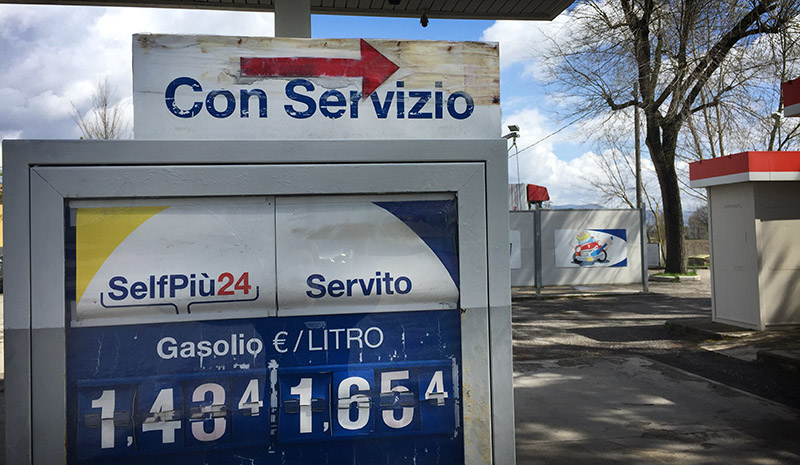
One day the car needed gas so I stopped at a local station. It was cold and I didn’t want to pump it myself so I pulled into full serve. The older guy who owns the station came out, waving me to back up and move the car over to the self-serve pump. I assumed that it was because the other pump was broken, but no, he says “That one’s too expensive!” and proceeds to fill the tank himself.
My daughter, Donella, and I returned to this station about a month later badly needing windshield washing fluid. We had just filled the car up at another station where they were out of the fluid we needed, so we stopped here. I went in to buy a bottle and the same man comes out, insists on filling up the fluid reservoir, and washing all the windows for us, then charges us one euro for the solution. We pulled out, a little stunned, and Donella’s reaction was “How can this world even exist?”
I have no idea how much we owe our dentist at the moment, post braces, wisdom teeth surgery, and multiple cleanings, but we will get it all sorted out, at some point. And the price is always more than fair.
The Tuscans often pride themselves on being furbo (crafty, fox-like), and thrifty, so I find it hard to reconcile these traits with this seeming lack of urgency about getting paid, and an assumption that people will pay. Homogeneous culture? (But we are clearly outsiders, albeit with the “right” kind of passport.) Or perhaps a desire not to contaminate daily life with too much fixation on finances? I haven’t got an answer for you now, but will write more as I learn.



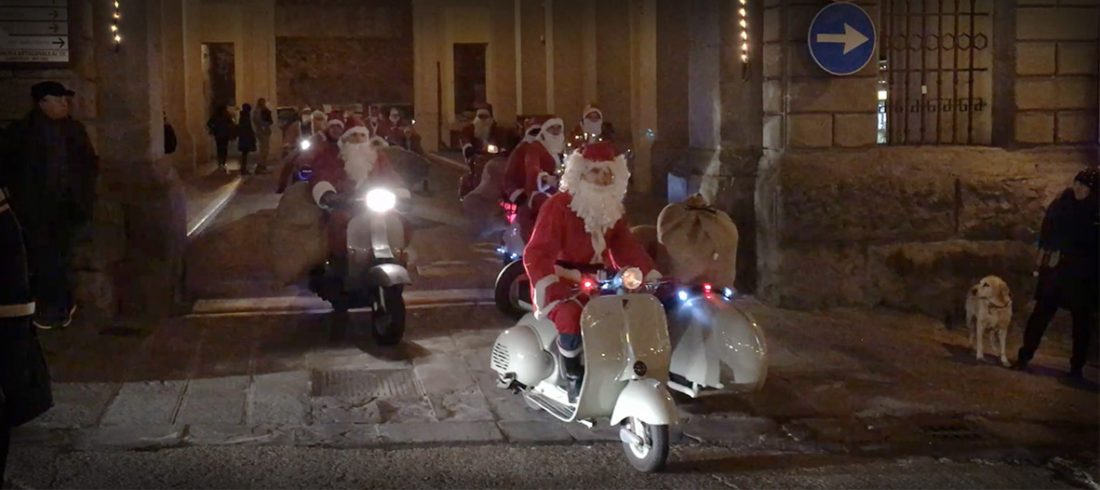







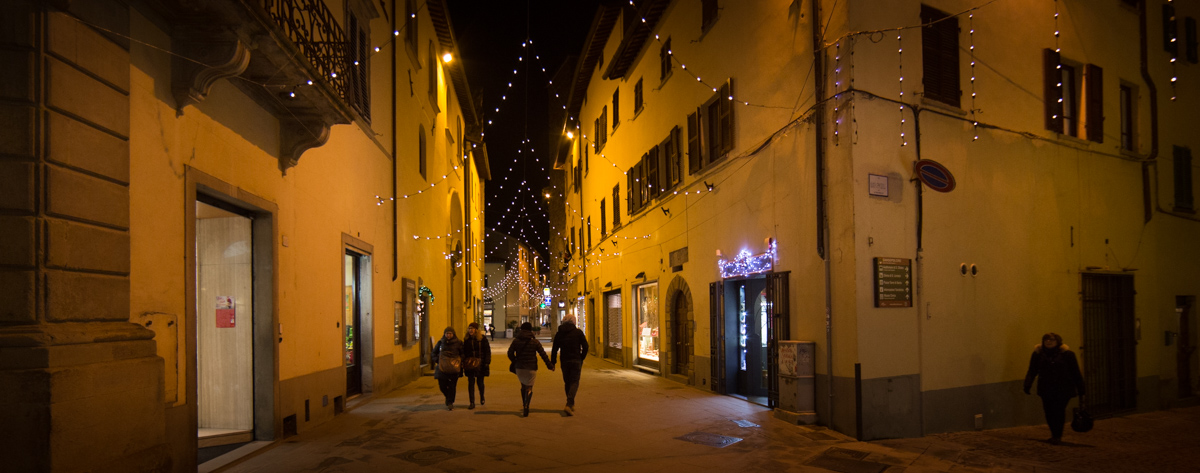
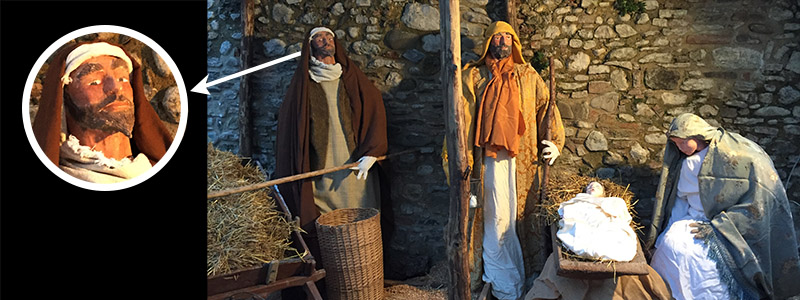
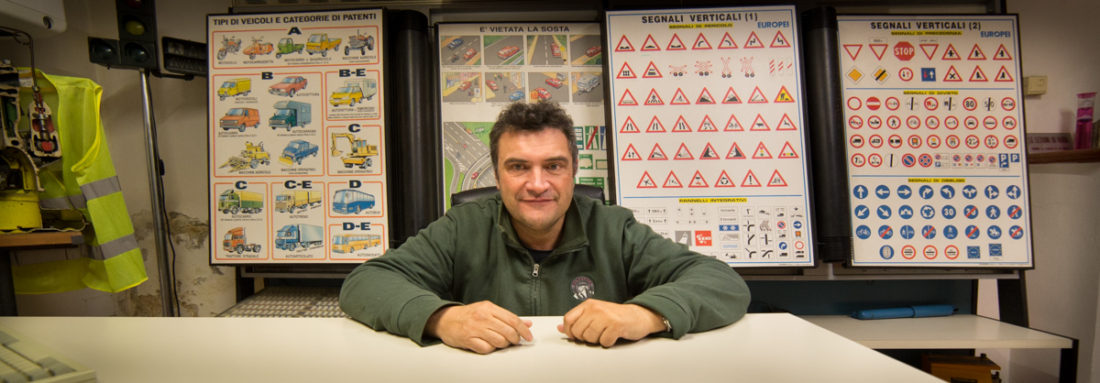



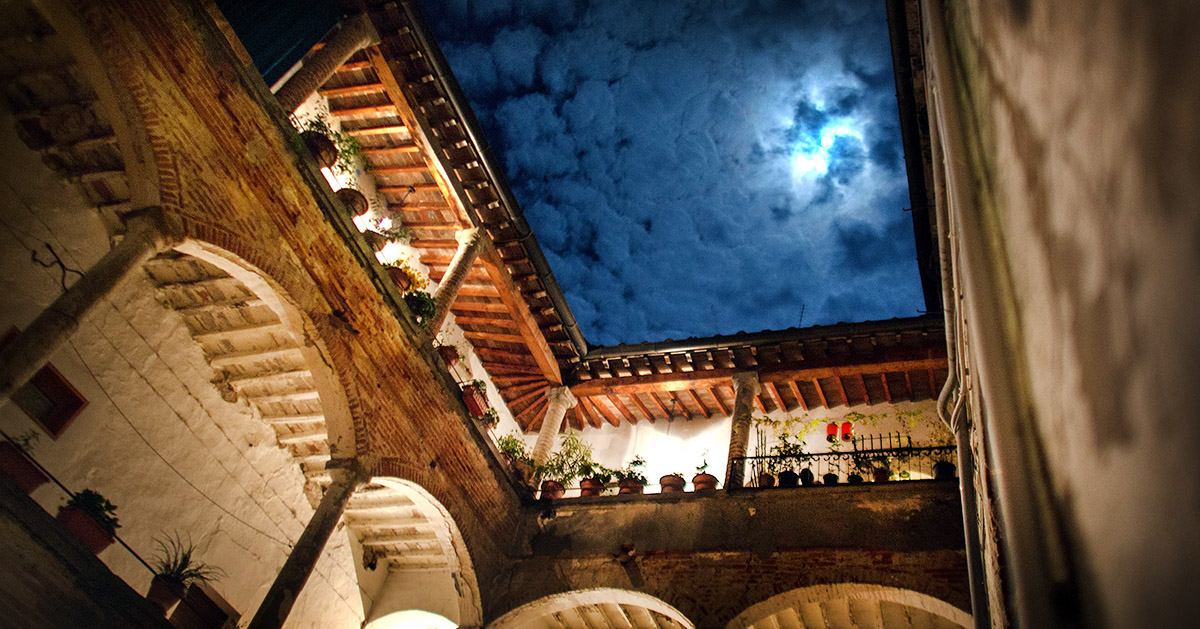

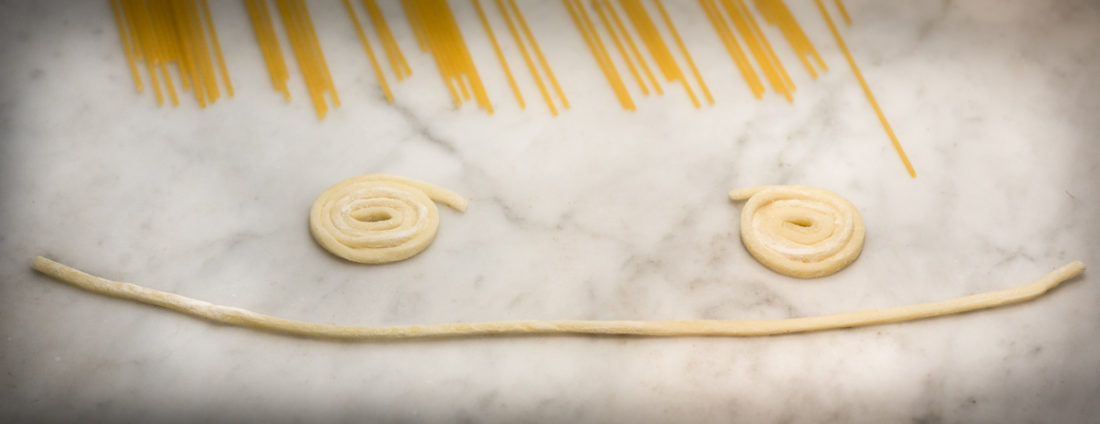
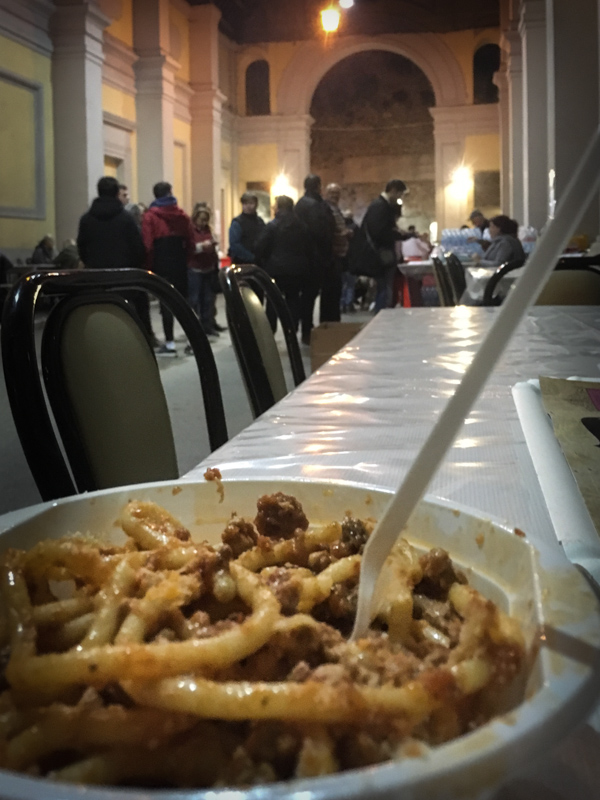
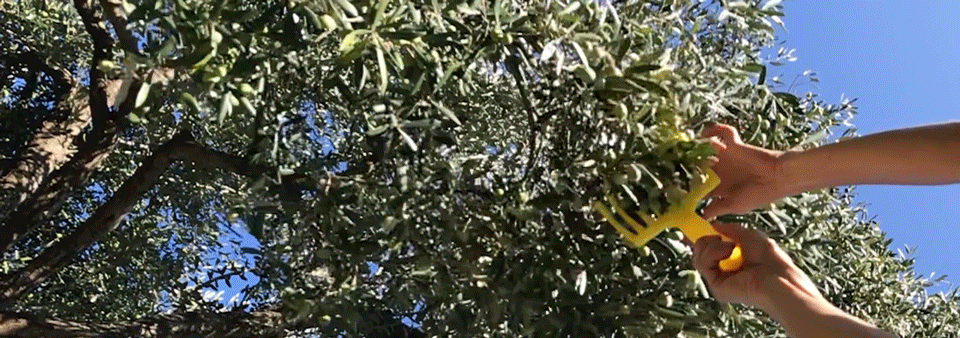
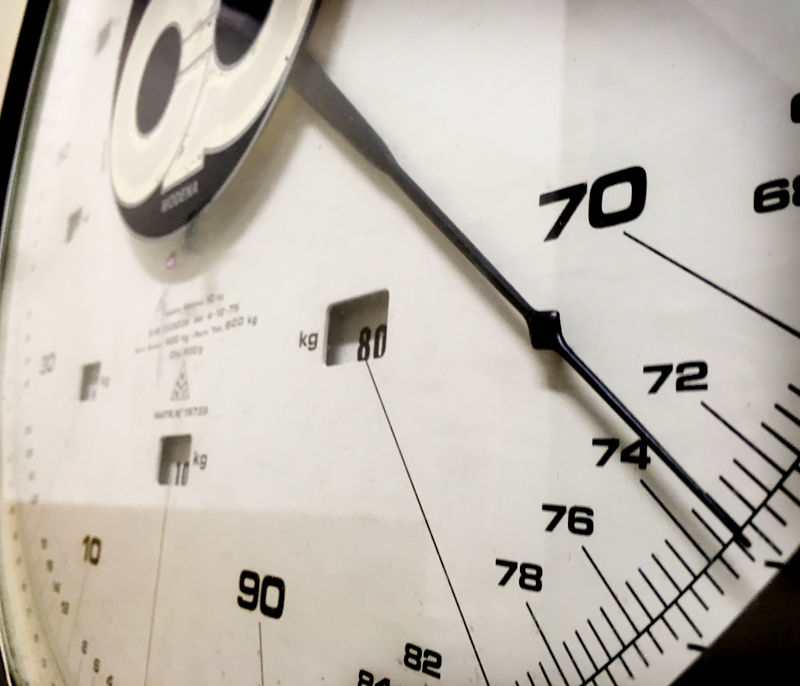 The crates of olives are unloaded and weighed with great import, carefully watched by the others in line for the press. It’s a competitive “I have more olives than you” moment. We do respectably well, olives weighing in at over 500 kilos (over half a ton), in 25 crates. But soon we are put in our place by three very scruffy 40-something guys who came in after us, unloading about 75 crates. “Smug devils,” I think to myself. We eye them. They eye us. No smiles.
The crates of olives are unloaded and weighed with great import, carefully watched by the others in line for the press. It’s a competitive “I have more olives than you” moment. We do respectably well, olives weighing in at over 500 kilos (over half a ton), in 25 crates. But soon we are put in our place by three very scruffy 40-something guys who came in after us, unloading about 75 crates. “Smug devils,” I think to myself. We eye them. They eye us. No smiles.